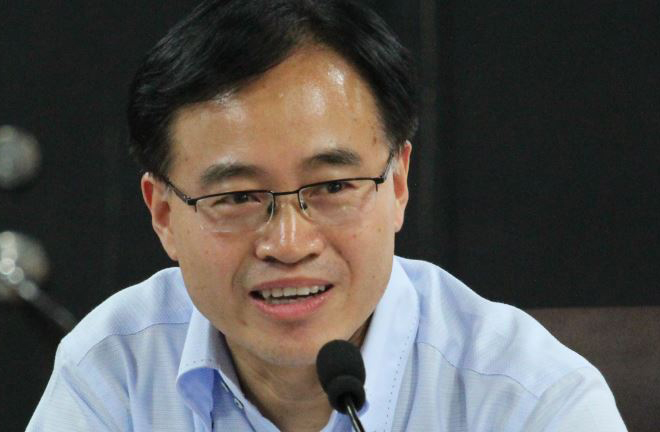MEN HONGHUA: China plays bigger role in reshaping international order
 As China grows in strength, it is playing an increasingly significant role in reshaping the international order. A just and reasonable order is not only the common aspiration of all countries but also the basis for China’s peaceful rise.
As China grows in strength, it is playing an increasingly significant role in reshaping the international order. A just and reasonable order is not only the common aspiration of all countries but also the basis for China’s peaceful rise.
To better fulfill its role, China should recognize the opportunities and challenges of its peaceful development and improve its overall approach to promote progress in the realms of economics, politics, society, culture, ecology and security.
In the next 15 years, China’s influence will be most evident in the global economy. Nonetheless, establishing a new international order is a systematic project, and concepts, strengths and interests should be considered. The process should be gradually carried out from the bilateral to the multilateral level and from the regional to the global level.
The role of a country in dismantling the old order and forming a new one lies in its comprehensive national strength. Above all, the international order is a product of the distribution of strength. China needs to be more powerful and prosperous to really take an active part in the process. In addition, the international order is also a product of interests. China also needs to build its strategic interests.
China’s venerable traditional culture is a source of philosophical wisdom for mankind, such as the view that all nations can live side by side in harmony, the idea that all living creatures can grow together without harming each other or that “paths run parallel without interfering with one another.” China should carry on these traditions and work to offer more guidance to the development of the international order.
In transitional periods, conflicts often occur over international regulations that have great influence on the development of the international order. To improve the basic rules of global systems, China should lead or co-lead the revision and renewal of international systems, and enhance its ability to set the international agenda. In addition, it should commit itself to the implementation of these international rules. At the same time, China should support UN reform in order to ensure its authority as the foundation of the international system.
Also, China should pay attention to the regional effects of its rise and reduce negative impacts as much as possible while promoting regional stability and common development. To this end, it needs to fulfill its role in building an East Asian community through advancing the top-level design of regional systems and adopting open, transparent approaches. Thus, an equal, cooperative, open and mutually beneficial order for the common good can be formed in East Asia.
As a key stakeholder in East Asia, China will contribute more to peaceful development in the region. Given the complicated situation and competing interests, a community with shared responsibility is needed to lay an institutional foundation for regional cooperation. Moreover, the process can raise the awareness that East Asia is also a community of a shared future.
Above all, China should show the world that it can be a responsible actor. It should be noted that basic moral principles are still valuable in the changing international landscape. Thus, maintaining international moral standard and abiding by international law are important ways to set up a moral image and a basis for China’s development to benefit the world.
China is now growing from a regional power into a world power and is playing an increasingly important role in promoting peace, security and development. This in turn requires the nation to provide public goods on the regional and global level and to be a responsible builder of the international order.
Men Honghua is director of the Institute for China Strategic Studies at Tongji University.
